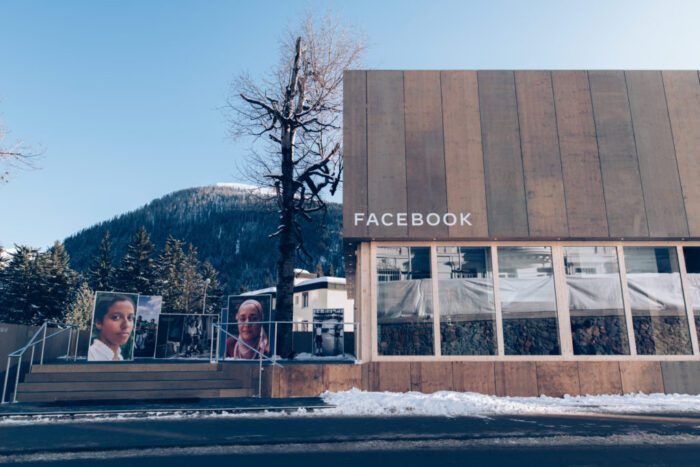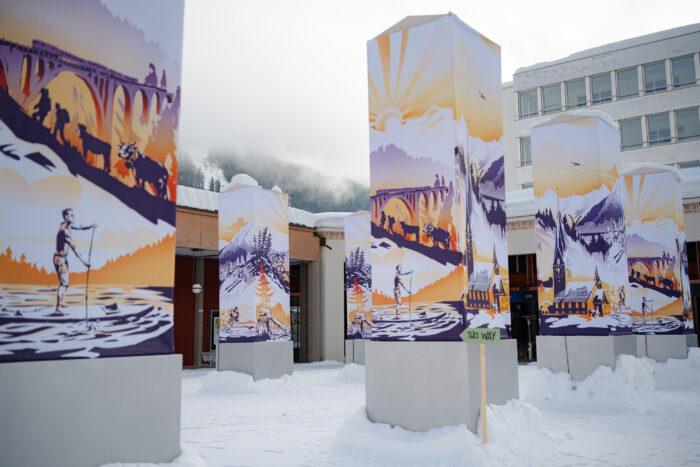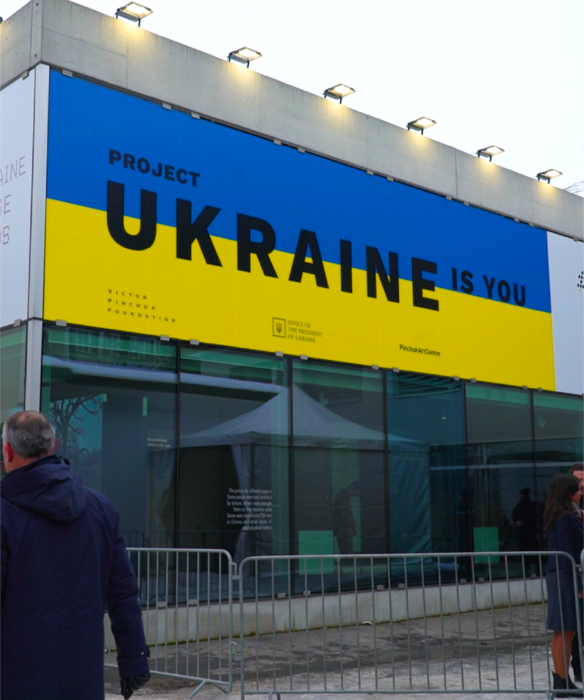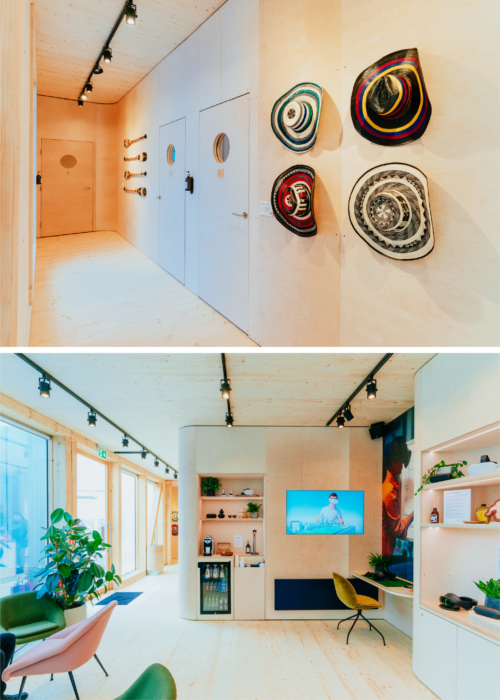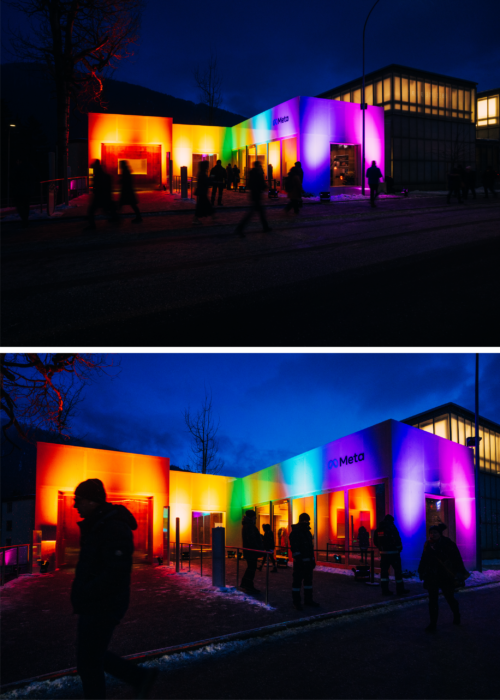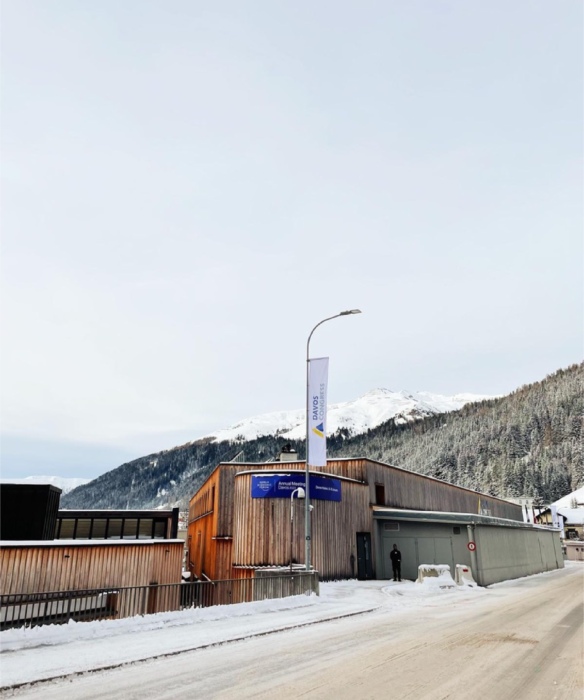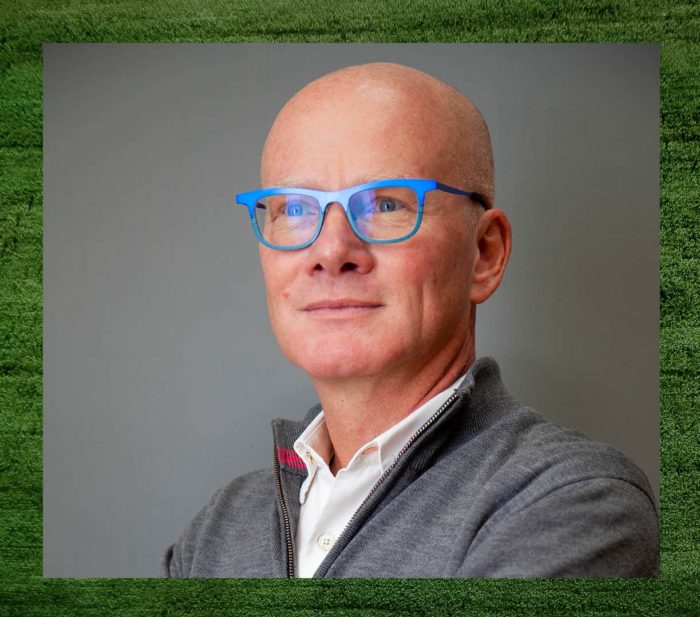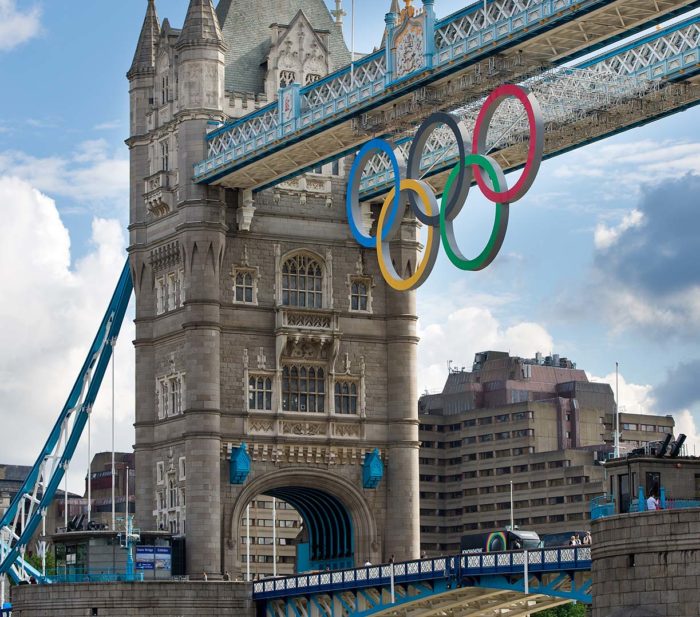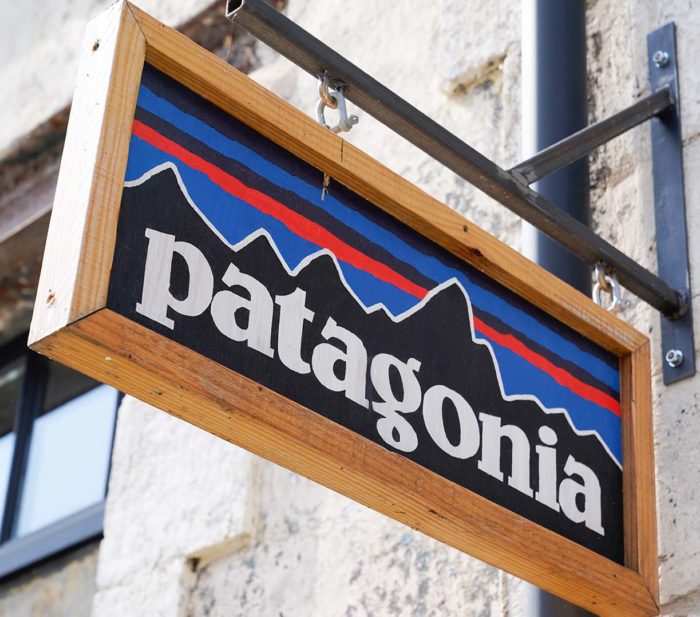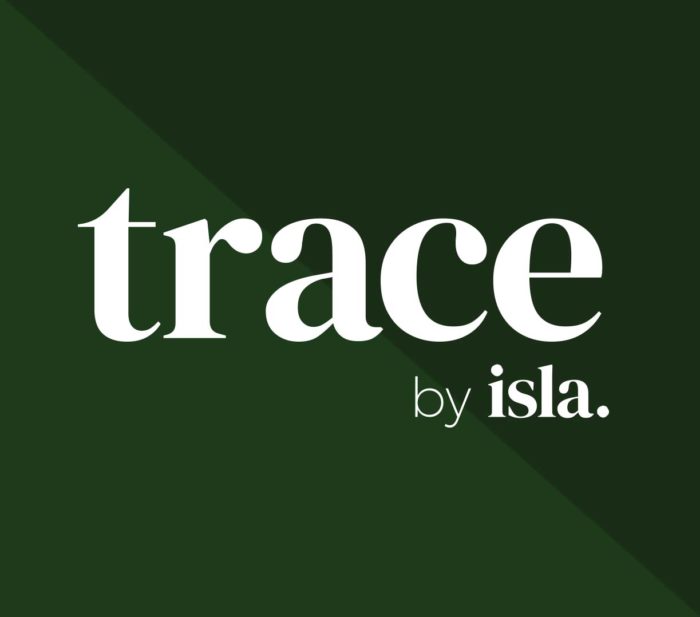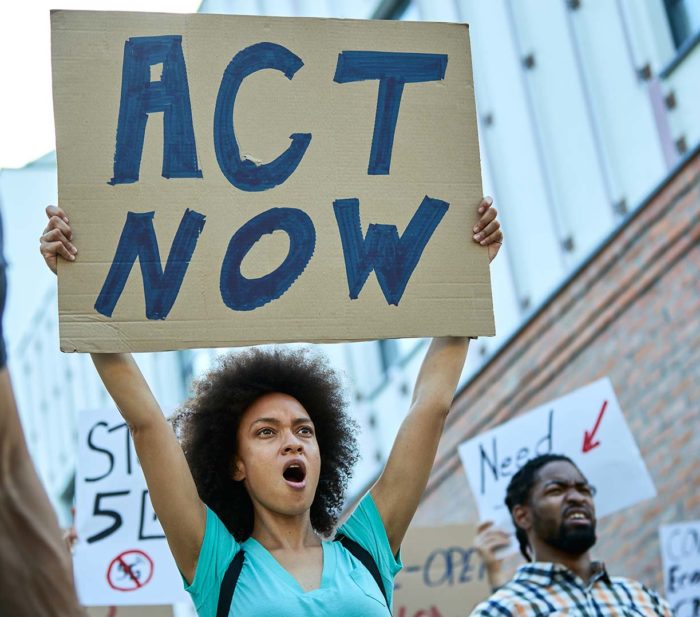Why clients choose Smyle to support their sustainability goals:
Your success is amplified through our triple bottom line approach, driving prosperity for your business while caring for people and planet. Our award-winning sustainability framework, backed up by ISO accreditation, translates directly to your competitive advantage through:
- Powerful brand storytelling that showcases your authentic sustainability values
- Innovative solutions that delight audiences while reducing environmental impact
- Risk reduction through industry-leading compliance and transparent reporting
- Measurable results backed up by sophisticated tools like TRACE and Greenly that can influence decision making and fact-based estimates
Imagine partnering with the award-winning agency that’s boldly committed to global goals of limiting climate change by measuring and offsetting emissions across scopes in line with science-based targets! Our circular design principles, energy-efficient venue selection, and locally sourced catering create experiences your stakeholders will remember for all the right reasons.
From single projects to multi-year strategies, we offer customised sustainable solutions that drive tangible value across your experiences. Our scientific approach delivers credible results, while our practical tools ensure smooth implementation that enhances your brand at every touchpoint.
Join the forward-thinking brands that trust Smyle, where exceptional experiences and responsible business converge to create something remarkable for your customers, business, and world.

